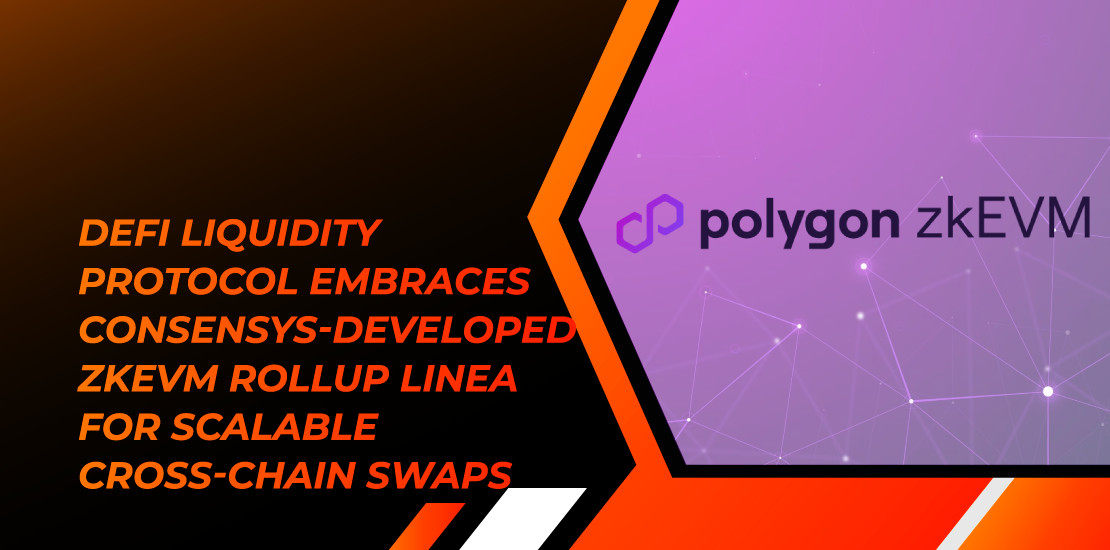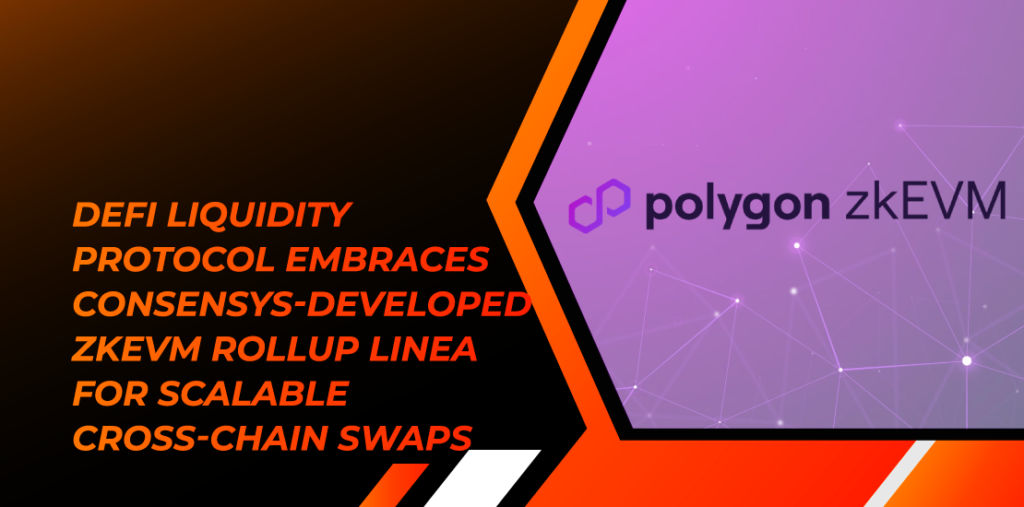- July 23, 2023
- Posted by: [email protected]
- Category:


Symbiosis, a decentralized finance liquidity protocol, has taken a huge step forward by adding support for Linea, a zkEVM-based scalable solution developed by Consensys, in response to the increasing demand for zero-knowledge (ZK) proof-based layer-2 scalable solutions. Symbiosis’ co-founder expressed confidence that this ZK roll-up-based approach has the potential to address the scalability issues raised by Ethereum co-founder Vitalik Buterin.
Linea, according to Symbiosis, is a developer-ready zkEVM roll-up type that is Ethereum-compatible. This interoperability gives developers a significant benefit, allowing them to leverage existing infrastructure while developing multi-asset-based solutions. Linea’s extensive toolkit includes over 100 protocols, developer tools, and decentralized applications (Dapps), offering developers in the Ethereum ecosystem a robust and scalable toolset.
The emergence of Symbiosis Finance into the mainstream began with the successful introduction of its stablecoin liquidity solution in March 2022. Since then, the protocol has been actively integrating various layer-2 scalable solutions to enhance its cross-chain liquidity offerings. Among these integrations was zkSync, another zk rollup developed by Matter Labs, enabling one-click swaps between Ethereum, Polygon, Avalanche, BNB Chain, Telos, and other supported blockchains. Additionally, Symbiosis incorporated other popular L2 solutions, such as Polygon’s zkEVM, Optimism, and Arbitrum.
Numerous Crypto blogs were intrigued by Symbiosis’ adoption of Linea and its experiences with L2 solutions, leading them to approach the co-founder, Nick Avramov. Avramov revealed that the decision to integrate Linea was driven by the protocol’s strategy to support the most popular L2 solutions, guided by community feedback and partner requests, including those from OpenOcean and OKX DEX, both active users of the Symbiosis SDK and API.
Discussing the ascent of ZK rollups as a dominant force in the L2 space, Avramov emphasized their superior user onboarding capabilities, targeting new domains like Gaming and Social networks. He noted that ZK rollups manage to achieve this without compromising security, making them cost-effective and more appealing to a broader audience. Avramov even speculated that Optimistic rollups might eventually become obsolete, as ZK rollups represent the true L2 solutions, offering potential resolutions to the cross-chain challenges outlined by Vitalik Buterin earlier.
The integration of ZK rollups has already proven highly beneficial for Symbiosis, resulting in a substantial 300% month-on-month increase in transaction throughput and cross-chain trading volume surpassing $500 million. With the addition of Linea, Symbiosis anticipates cross-chain swaps to exceed a billion dollars in volume in the next couple of months.
As the DeFi space continues to evolve and embrace scalable solutions like Linea, the future looks promising for seamless cross-chain liquidity provision, opening up new opportunities for growth and innovation within the Ethereum ecosystem.



